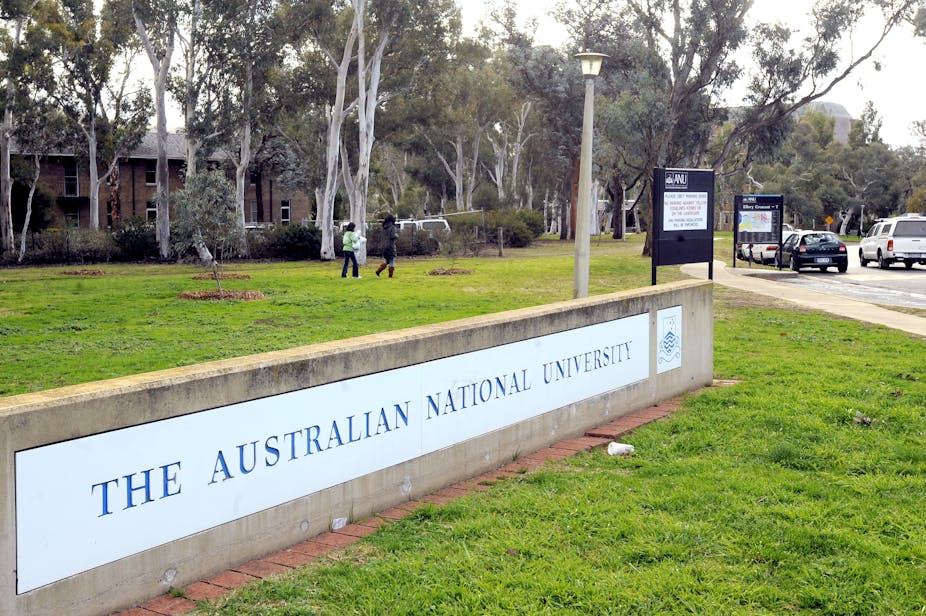Australian universities should be wary of being their “own worst enemy” when embracing Massive Open Online Course (MOOC) delivery, says Australian National University vice chancellor Ian Young.
Comparing online course content with newspaper content, Professor Young questioned why Rupert Murdoch made the decision to deliver news content online for free.
“Once you have given away something it is very difficult then to make people pay for it.
"If you’re giving away content and you’ve got a primary product that it’s in competition with, then you better hope what you’re giving away is inferior to your primary product, otherwise it’s going to compete with it.”
Speaking at a conference on high-speed broadband and higher education, Professor Young said ANU was “cautiously watching” MOOC providers, but had no plans to join one.
“I don’t think ANU’s ever going to become a major online provider,” he said.
He added that the only reason MOOCs have managed to attract hundreds of thousands of students to individual courses was because they were being offered by ivy league universities Harvard, Stanford and MIT.
But he questioned the likelihood of these universities ever offering accredited degrees via MOOC providers for free or at a low cost.
“If you’re one of those elite ivy league universities when you make that decision to turn your product into a mass provision product you’re decreasing the value of each of those degrees,” Professor Young said.
He added that doing so would also antagonise the university alumni, potentially harming the endowments so critical to ivy league universities.
But Andrew Norton, program director of higher education at the Grattan Institute, said quality signalling and social signalling would continue to depend on branding, and perception of quality, rather than whether the course was online or offline.
“One effect of the MOOCs is likely to be to add prestige and fashionability to online education, quite independently of any real quality changes.”
Mr Norton said the most commercially valuable asset of Australian higher education providers was their right to award credentials, but he added a competitive market meant chasing marginal students – not just those who had decided to go to university but not decided exactly what or where to study, but those who were not actively considering higher education.
“The opening up of online education provides new ways to reach students that weren’t accessible before.”
Professor Young said the approach taken by the ivy league universities embracing MOOCs was entirely different to that taken by vice-chancellors in Australia.
“If the president or provost of Harvard was sitting here they would be aghast at the way Australian vice-chancellors and Australian universities look at students as a revenue source, because they don’t.”

